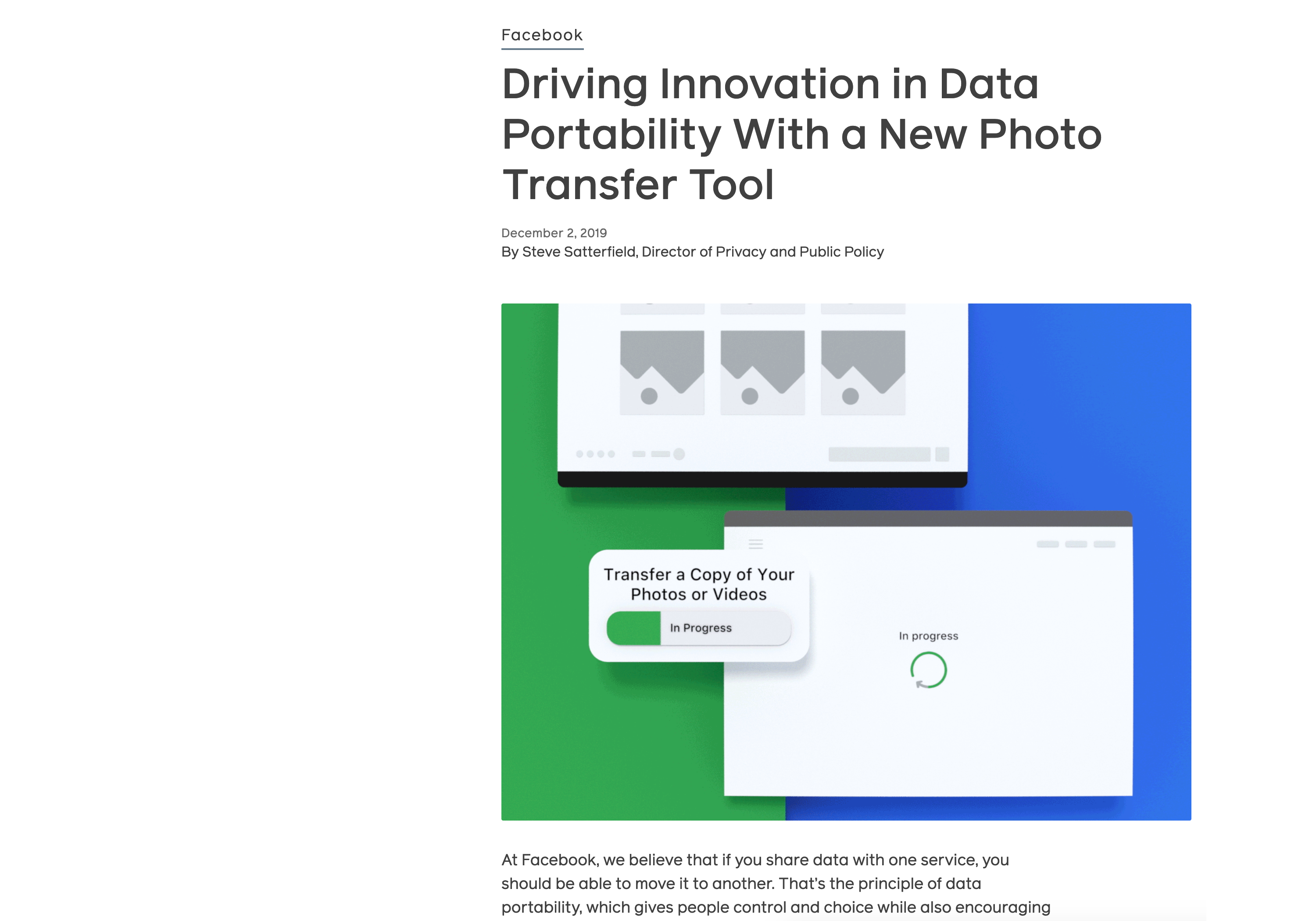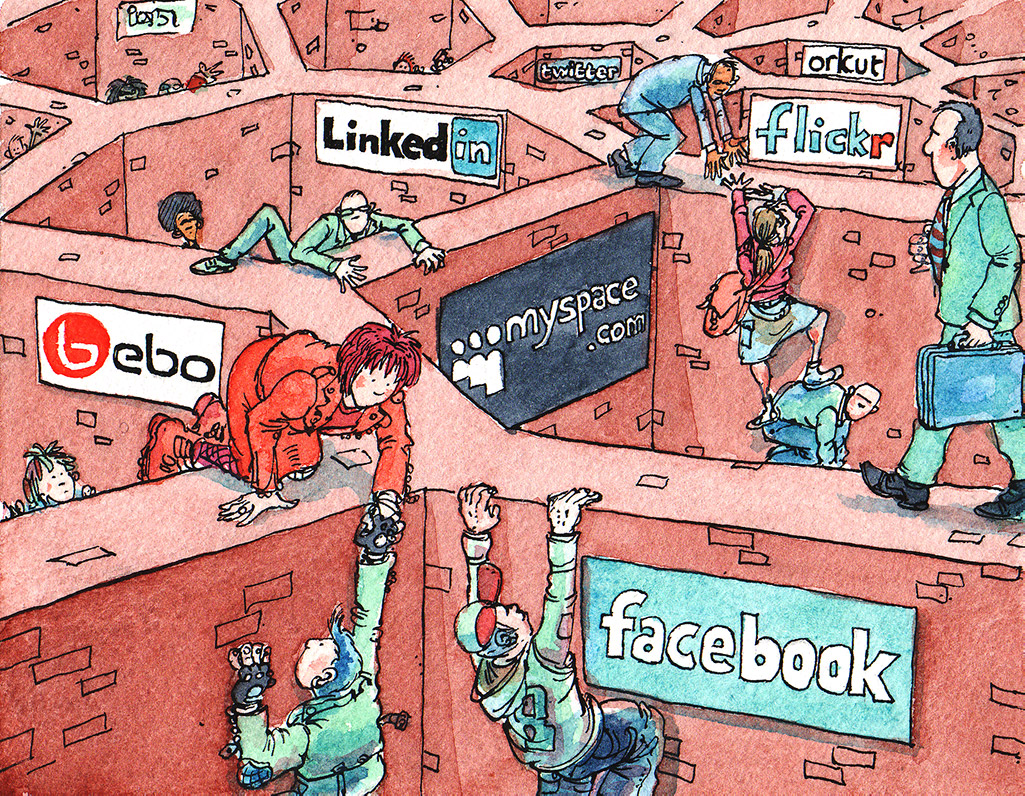
Ruben Verborgh, Ghent University – imec
2nd Data Sharing Winter School, 8 December 2021
Ruben Verborgh
Ghent University – imec

We don’t have a privacy problem,
we have an innovation problem
due to a lack of interop.
With Solid, we aim to
redefine the relationship
between people, their data,
and the apps they use.
